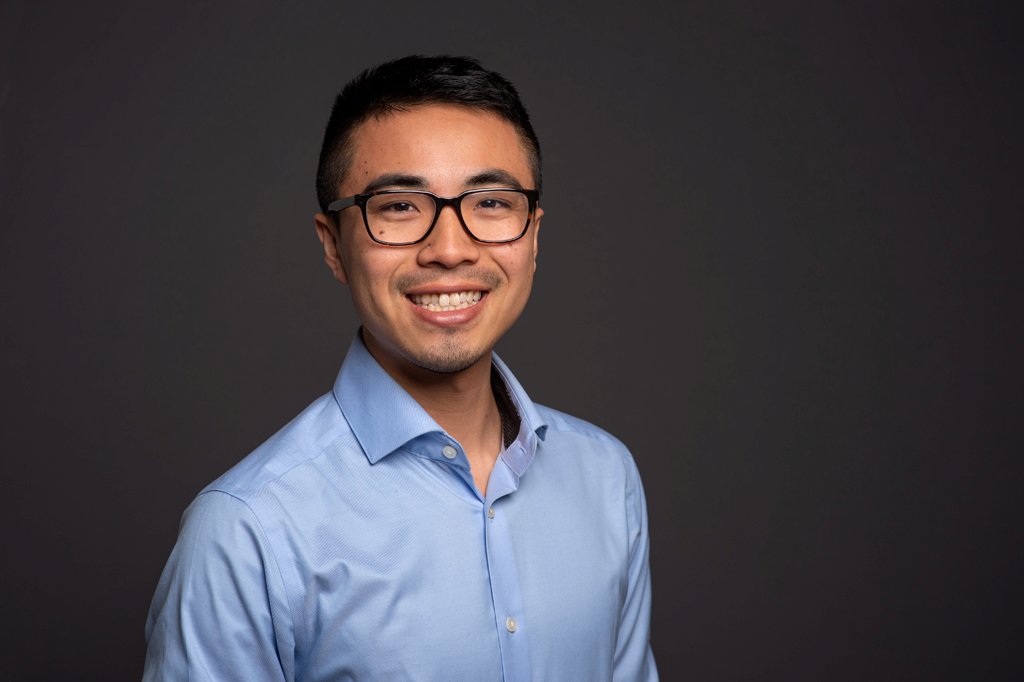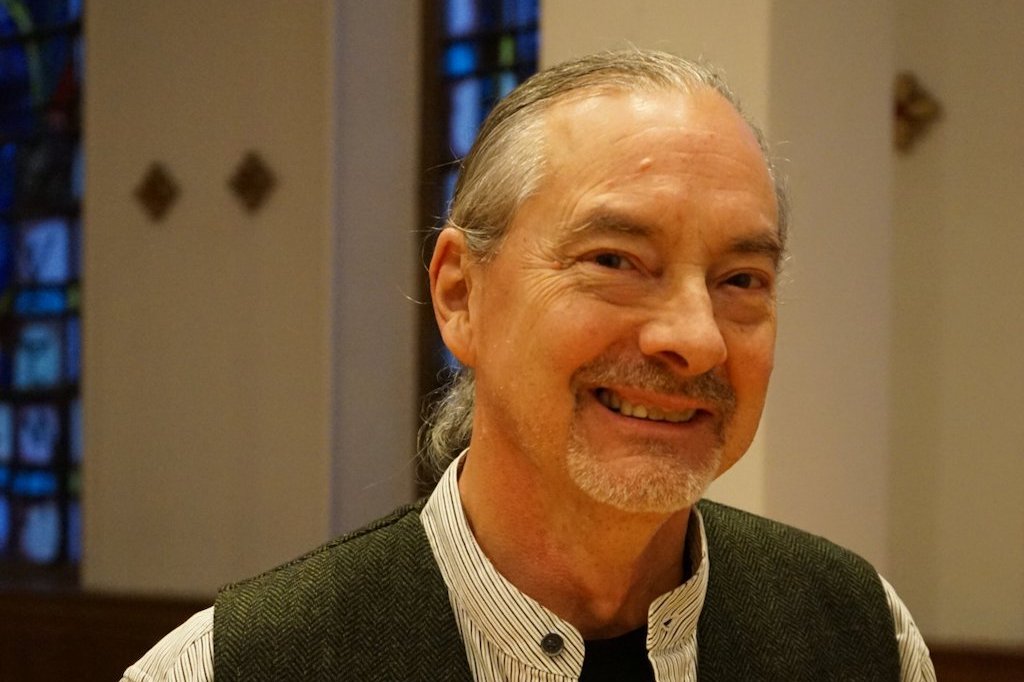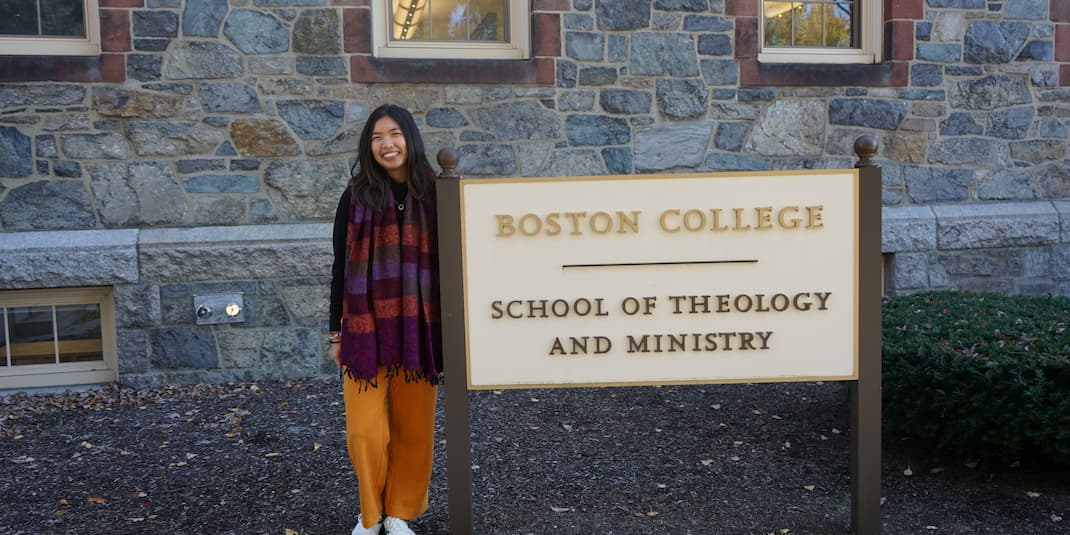What were your undergraduate major & institution?
Massachusetts College of Liberal Arts -- English (Creative Writing) with minors in Spanish, Political Science, and American Ethnic Studies
What were you doing immediately before coming to CSTM?
Immediately before coming to CSTM I was in undergrad studying Creative Writing. I was doing so from home because of COVID. I was also working part-time as a Spanish tutor and as an office assistant at an English school for immigrants. Alongside studying and working, I was also on the e-board for a couple different clubs and student organizations on campus. So I was remotely recording, editing, and promoting a podcast for the Black Student Union, hosting hybrid Bible studies for Christian Fellowship, hosting virtual events for the Honors Council, and planning and organizing hybrid events for the Student Activities Council.
When did you first realize you wanted to pursue graduate studies in theology? How did you know?
Believe it or not I was casually chatting with a friend one night before heading home for winter break, and in the spirit of procrastination I said to her 'what if I just wrote my application essay right now?' And so I did. I didn't have some huge aha moment that lead me to pursue graduate studies. At the time I was taking a "Religions and Rituals" class with that same friend and, as what felt like the only practicing Catholics at our school, we frequently spoke about how we wanted to learn more, how there was so much we didn't know. This friend and I had both tried to start a youth group at the local parish. We had a small group of youth who attended steadily but there had been a pretty big dropoff because of COVID. While I felt what we were trying to do was noble, it never felt like enough. I always felt a bit unsure and a bit unprepared to be with the youth and accompany them. This feeling of uncertainty and this yearning for more is what pushed me to start writing an essay that night.
“ I wanted to be in the Boston area and at a school where I would feel close to my Catholic faith, and CSTM gives me that and a loving environment. It feels more like a family than a school. ”
What people, experiences, courses, etc. informed this call?
My conversations with my friends and peers, both religious and non-religious, informed my call to ministry. It always felt like there was this huge disconnect between the Jesus I know and the Jesus the people around me had heard of. I was also informed by the resurgence of the Black Lives Matter movement and the discourse around it on social media. I saw so many people hurt and feeling hopeless and it made me want to do more and to be more. All these conversations lead me to seek out whatever way I could dedicate my life to the service of others.
Were there any roadblocks in your discernment process? How did you navigate them?
One of the biggest roadblocks in my discernment process was imposter syndrome. I felt way underqualified to do graduate studies in a field I hadn't so much as taken one class in. This imposter syndrome follows me up until today. But I navigated this roadblock by asking admissions if other students were also applying from different fields. I also opened up to the idea that my different academic background is a strength not a weakness and this helps me fight against imposter syndrome.
Why did you choose CSTM for your theological studies?
Location, location, location! I am a city girl at heart and I love that CSTM is located in Boston. I also chose CSTM because of Boston College's connection to different organizations in the Boston are and in the greater Catholic world. When I applied to graduate school I knew I wanted to be in the Boston area and at a school where I would feel close to my Catholic faith, and CSTM gives me that and a loving environment. It feels more like a family than a school.
In what ways do you see yourself using your degree?
I hope to use my degree to accompany youth and youth adults. I am not entirely set on a specific setting but perhaps at the parish level or in a juvenile correctional facility.





